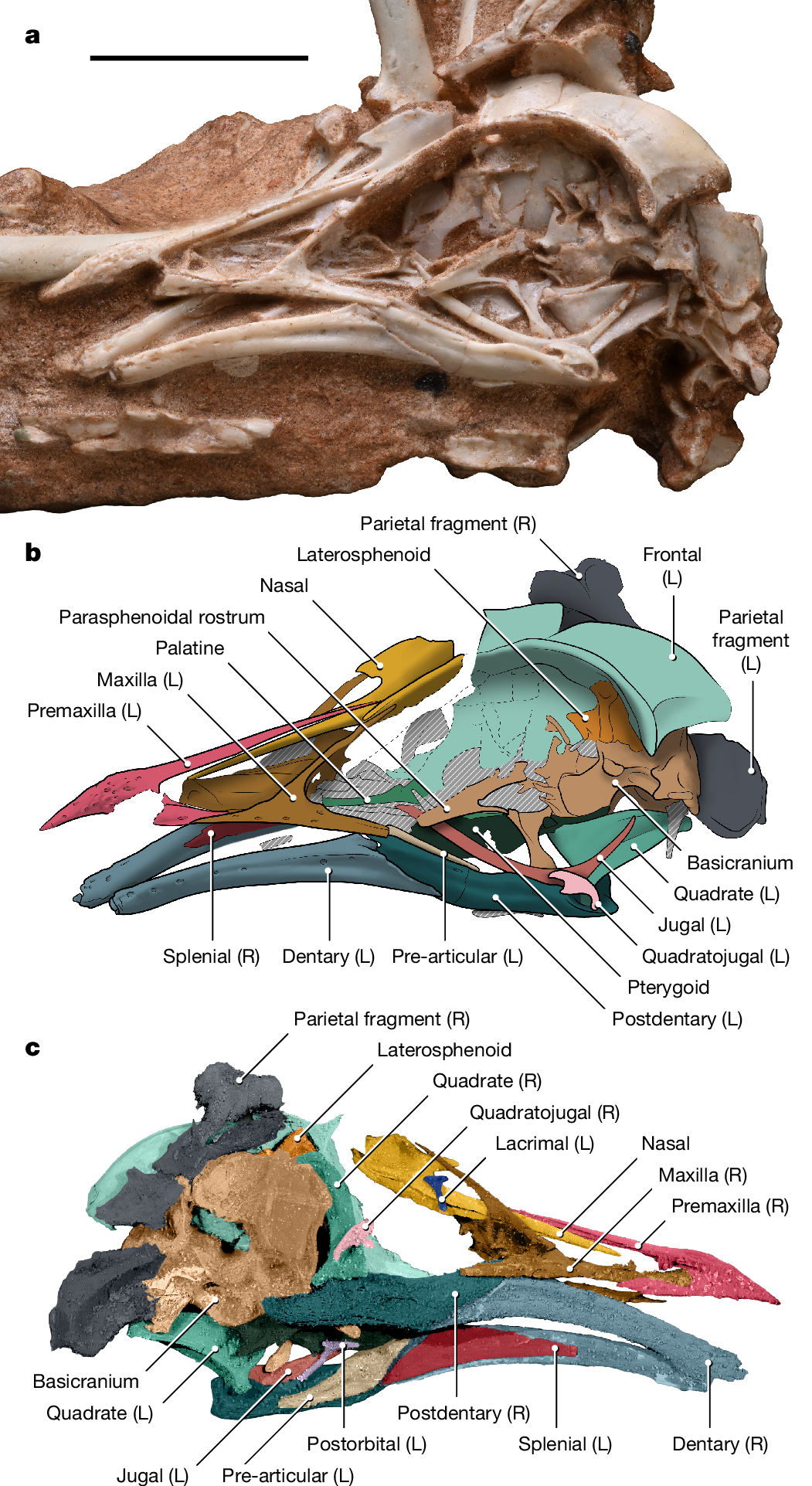2024-11-12 インペリアル・カレッジ・ロンドン(ICL)
<関連情報>
- https://www.imperial.ac.uk/news/258214/climate-determines-mating-behaviour-birds-around/
- https://journals.plos.org/plosbiology/article?id=10.1371/journal.pbio.3002856
鳥類の交尾システムから推定される性淘汰の緯度的傾向を、気候と生態学が予測する Climate and ecology predict latitudinal trends in sexual selection inferred from avian mating systems
Robert A. Barber ,Jingyi Yang,Chenyue Yang,Oonagh Barker,Tim Janicke,Joseph A. Tobias
PLOS Biology Published: November 4, 2024
DOI:https://doi.org/10.1371/journal.pbio.3002856
Abstract
Sexual selection, one of the central pillars of evolutionary theory, has powerful effects on organismal morphology, behaviour, and population dynamics. However, current knowledge about geographical variation in this evolutionary mechanism and its underlying drivers remains highly incomplete, in part because standardised data on the strength of sexual selection is sparse even for well-studied organisms. Here, we use information on mating systems—including the incidence of polygamy and extra-pair paternity—to estimate the intensity of sexual selection in 10,671 (>99.9%) bird species distributed worldwide. We show that avian sexual selection varies latitudinally, peaking at higher latitudes, although the gradient is reversed in the world’s most sexually selected birds—specialist frugivores—which are strongly associated with tropical forests. Phylogenetic models further reveal that the strength of sexual selection is explained by temperature seasonality coupled with a suite of climate-associated factors, including migration, diet, and territoriality. Overall, these analyses suggest that climatic conditions leading to short, intense breeding seasons, or highly abundant and patchy food resources, increase the potential for polygamy in birds, driving latitudinal gradients in sexual selection. Our findings help to resolve longstanding debates about spatial variation in evolutionary mechanisms linked to reproductive biology and also provide a comprehensive species-level data set for further studies of selection and phenotypic evolution in the context of global climatic change.


